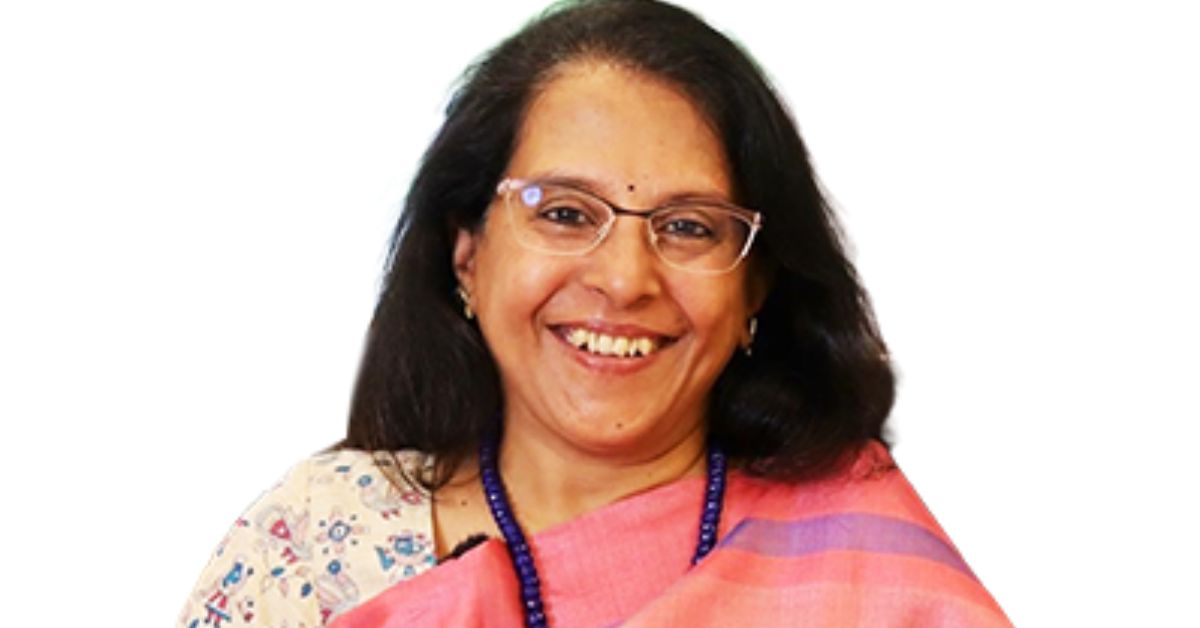Dr Malini Shankar, a seasoned bureaucrat, the transformation from being an administrator to an academic as the vice-chancellor of Indian Maritime University (IMU) has been seamless and smooth.
An IAS officer of the 1984 batch, Dr Shankar had a distinguished record as a civil servant, taking up several challenging tasks, before starting her second innings that involves training and nurturing talent to meet the future needs of maritime industry. As the Director General of Shipping, her last stint as a civil servant, she undertook several initiatives that had a transformative impact on the sector.
Dr Shankar’s life journey is a true inspiration for women, aspiring to storm the male bastions, as it truly epitomises the values of grit, determination and dedication. A doctoral degree in Institutional Economics from the Indian Institute of Technology, Madras, Management degree from the Asian Institute of Management, Manila, Philippines, Master’s in Chemistry from Mount Holyoke College, Massachusetts, USA, she has had her professional mid-career training at the IIAP (Institut Internationale d’Administration Publique), in Paris. Dr Shankar has been serving as the Vice Chancellor of the IMU since 2020.
She was also the Chairperson of the National Shipping Board from 2019 to 2022. Here are the excerpts from an interview with her:
What are some of the biggest challenges that women face in maritime industry today?
When I started working in the late 80s, women had to face many challenges including lack of access to basic sanitary facilities. Much has changed over the years, and positively so. As far as the youth go, I find a sea change today. What barriers do women face when it comes to career progression in shipping & Logistics sector? I have been told that they are not given sufficient encouragement for training/ refresher courses which would help them advance their career through acquiring skills as well as provide networking opportunities.
What steps companies should take to increase gender diversity in leadership?
A sensitive HR policy! Hiring based on merit, agnostic to gender. And even more important, progressive thinking people to implement the policies.
What initiatives have been most effective in creating an inclusive environment?
We are witnessing an increasing number of women studying Marine Engineering and Nautical Sciences, and getting hired by reputed organisations. They act as role models, and kindle the interest and confidence of women looking to enter the maritime and logistic sector.
What skills and experiences do you think make women particularly suited for leadership roles in maritime industry?
Passion – their choosing an uncharted path stem from their passion for the profession. Their patience and multi-tasking abilities enable them to take leadership roles.
What advice would you give to women who are considering a career in our sector?
Look before you leap, and once having plunged into it, enjoy it! And make professionalism your visiting card.







